
Dr Yi-Bin Chen discusses the indications of ibrutinib, ruxolitinib, and belumosudil in steroid-refractory chronic graft-vs-host disease and shares his approach to selecting the optimal therapy for patients.

Your AI-Trained Oncology Knowledge Connection!


Dr Yi-Bin Chen discusses the indications of ibrutinib, ruxolitinib, and belumosudil in steroid-refractory chronic graft-vs-host disease and shares his approach to selecting the optimal therapy for patients.
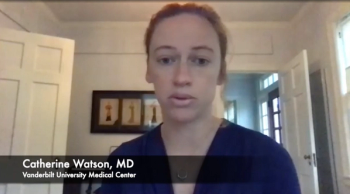
Catherine Watson, MD, discussed the main results and key takeaway from a trial analyzing streamlined and traditional education practices for patients with ovarian cancer.
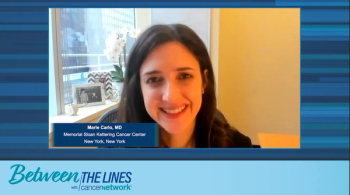
Oncologists give their initial impressions about the results of a clinical trial studying doublet combination therapies for advanced renal cell carcinoma.
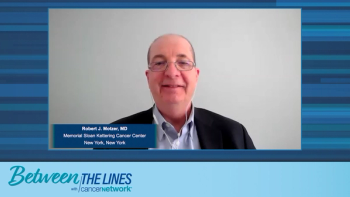
Robert J. Motzer, MD, presents data examined in the article, “Lenvatinib Plus Pembrolizumab or Everolimus for Advanced Renal Cell Carcinoma.”
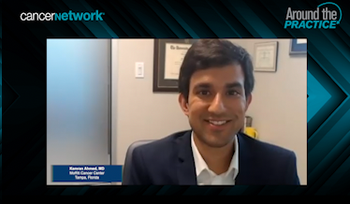
Variables that impact decisions to treat HER2-positive breast cancer and brain metastases with radiation therapy and systemic therapy, and recommendations on using memantine following radiation therapy.

Treatment recommendations for patients with HER2-positive metastatic breast cancer, like Erika Rich, upon identification of lesions in the brain.
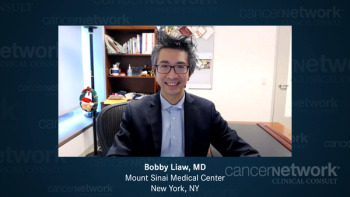
Dr Liaw discusses ways to measure response to treatment and what recent data regarding PSA kinetics has shown.

Dr Bobby Liaw talks about relationship between treatment duration, dosing and efficacy.
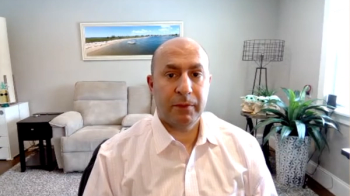
At 2022 ASCO GU, Toni K. Choueiri, MD, explained the data seen in the updated results from the KEYNOTE-564 trial for patients with renal cell carcinoma.
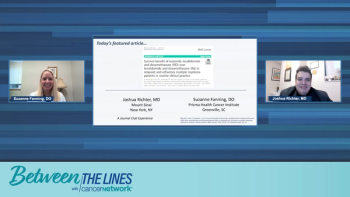
Drs Richter and Fanning discuss next steps and future directions in the management of patients with relapsed/refractory multiple myeloma.
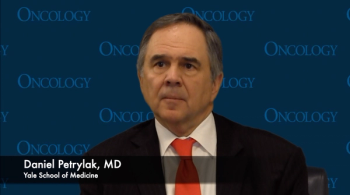
At the 15th Annual Interdisciplinary Prostate Cancer Congress® and Other Genitourinary Malignancies, Daniel P. Petrylak, MD, spoke about how immunotherapy has influenced treatment for patients with bladder cancer.
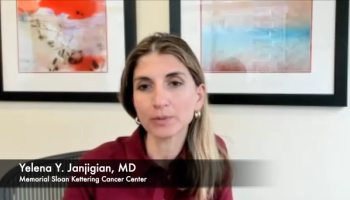
Yelena Y. Janjigian, MD, spoke about using immunotherapy across settings to treat localized gastric cancer.
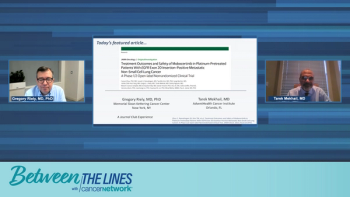
In the context of mobocertinib clinical data, experts consider factors that help them select therapy and manage therapy for patients with EGFR exon 20 insertion–positive mNSCLC.

Focused discussion on the safety profile of mobocertinib in platinum-pretreated EGFR exon 20 insertion–positive mNSCLC given data from the EXCLAIM cohort.
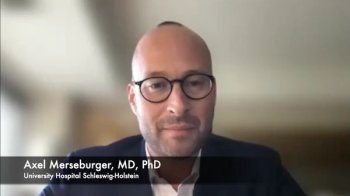
Axel Merseburger, MD, PhD, looked back on 2022 ASCO GU and the new data presented for the treatment of prostate cancer.

Yi-Bin Chen, MD, reviews the currently available FDA-approved therapies for the management of steroid-refractory chronic GvHD.

An expert in hematology-oncology comments on the importance of early detection and intervention of steroid-refractory chronic GvHD [graft-versus-host disease] and considers approaches to switching treatments.
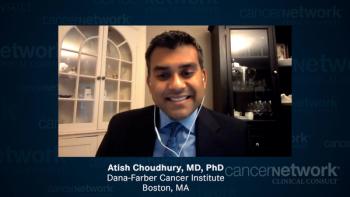
Dr. Atish Choudhury discusses safety features to keep in mind when choosing androgen receptor pathway inhibitors.

A prostate cancer expert shares long-term data with androgen receptor pathway inhibitors in mCSPC.
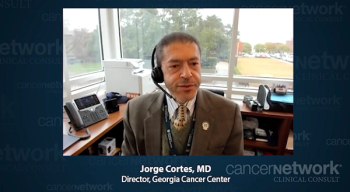
Jorge E. Cortes, MD and Hagop Kantarjian, MD share a summary on ponatinib in CML and ALL and exploration of potential future studies.

Adverse events commonly associated with chemotherapies used to treat HER2-positive metastatic breast cancer, and recommendations to help equip patients with knowledge about what to expect during their treatment journey.

Erika Rich, a patient with HER2-positive metastatic breast cancer, explains why she opted to pursue a second opinion about her diagnosis and treatment options and proactively research her disease.

Dr. Liaw shares the role disease burden and other factors play in treatment selection.

Dr. Choudhury discusses treatment considerations and treatment options for mCSPC.

Experts summarize key points from routine clinical practice on use of ixazomib, lenalidomide, and dexamethasone (IRD) in patients with relapsed/refractory multiple myeloma.
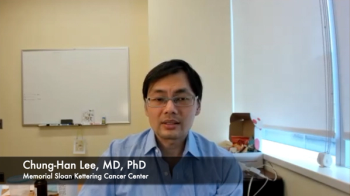
Chung-Han Lee, MD, PhD, spoke about necessary research needed moving forward for patients with metastatic renal cell carcinoma.
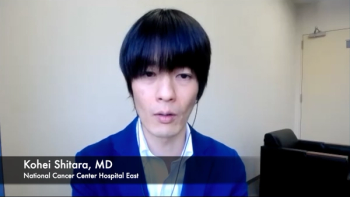
Kohie Shitara, MD, spoke about the use of immunotherapy in the first-line setting for metastatic gastric cancer.

Yelena Y. Janjigian, MD, spoke about using immunotherapy to treat localized gastric cancer.
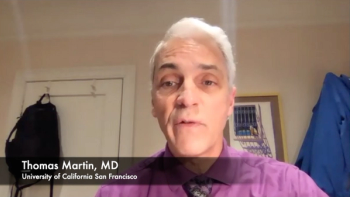
Thomas Martin, MD, spoke about how the approval of ciltacabtagene autoleucel for patients with relapsed/refractory multiple myeloma may change the standard of care in this setting.
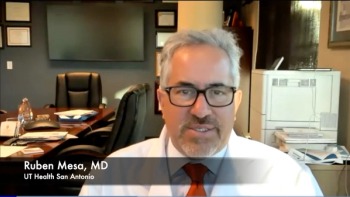
Ruben Mesa, MD, spoke about why pacritinib in the treatment of myelofibrosis is beneficial.